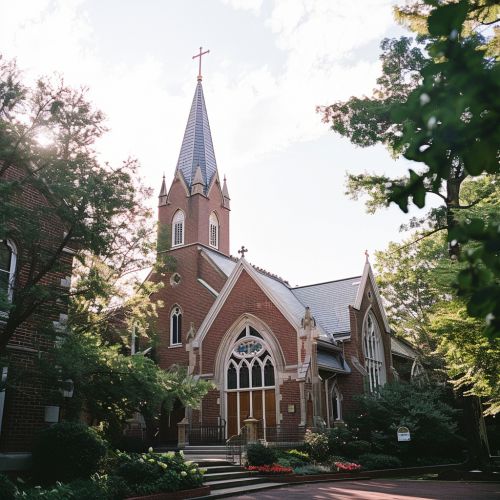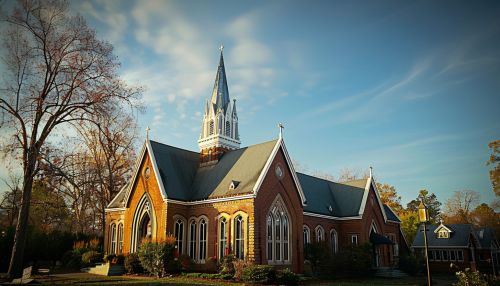Episcopal
Overview
The term "Episcopal" refers to anything related to a bishop, derived from the Greek word "episkopos", which translates to "overseer". In a broader context, it is often associated with the Episcopal Church (United States) and the Anglican Communion worldwide, which follow an episcopal form of church governance.
Episcopal Church Governance
Episcopal governance is a hierarchical form of church governance, which is distinct from Presbyterian or Congregational models. In the Episcopal system, authority is vested in bishops who have the power to ordain clergy and confirm laity. They are often assisted by priests and deacons in the administration of sacraments and pastoral care.


History of Episcopal Governance
The roots of episcopal governance can be traced back to the early Christian church, where the role of the bishop as the chief pastor and overseer of a local church was established. The First Council of Nicaea in 325 AD further reinforced the authority of bishops, particularly in relation to other clergy.
Episcopal Church (United States)
The Episcopal Church (TEC) in the United States is a member of the Anglican Communion and is known for its rich history, liturgical tradition, and commitment to social justice. It was established after the American Revolution when it was no longer appropriate for American churches to maintain allegiance to the Church of England.
Anglican Communion
The Anglican Communion is a worldwide family of churches in more than 165 countries. These churches maintain a balance of scripture, tradition, and reason in their theology, and are united by their relationship with the Archbishop of Canterbury.
Episcopal Liturgy
The liturgy of the Episcopal Church is characterized by a balance of scripture, tradition, and reason. It is contained in the Book of Common Prayer (BCP), which provides the order of worship, including the sacraments, daily prayers, and the liturgical calendar.
Social Issues and the Episcopal Church
The Episcopal Church has been at the forefront of several social issues, including racial reconciliation, gender equality, and LGBTQ+ rights. It has often faced criticism and controversy for its progressive stances, but it continues to affirm its commitment to social justice and inclusivity.
